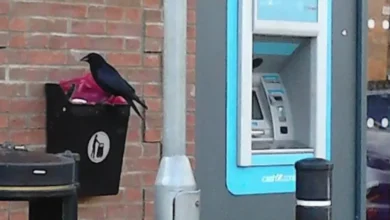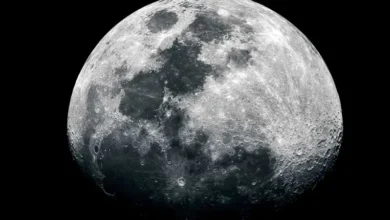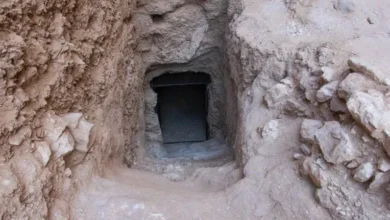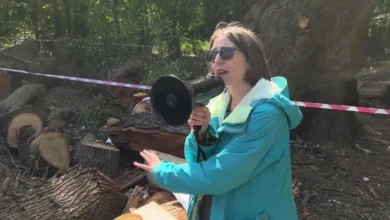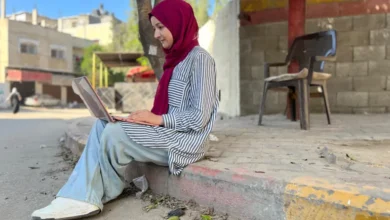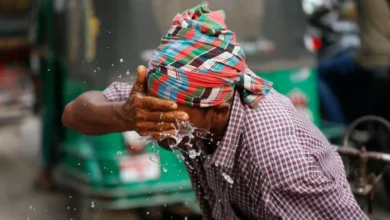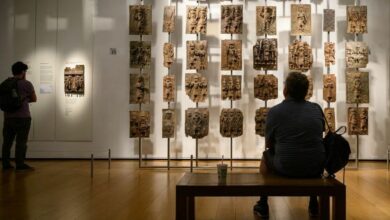‘Partial independence’: Kosovo reflects on secession from Serbia
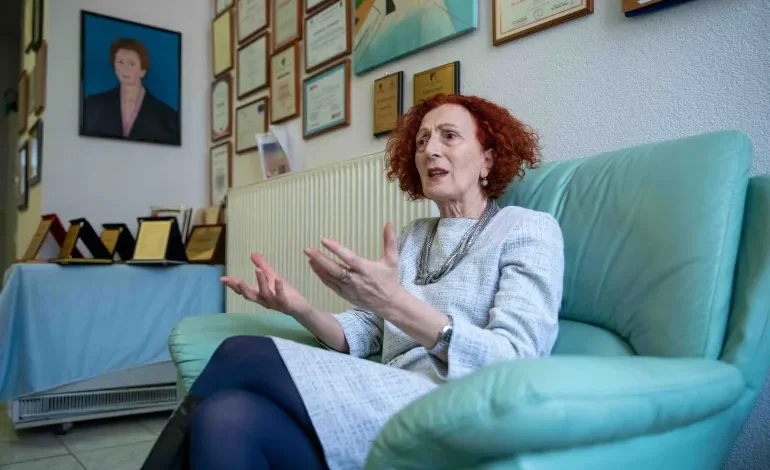
For Teuta Hadri, Kosovo’s declaration of independence on February 17, 2008 was “a century’s long dream”.
Hailing from a family actively involved in the national movement of ethnic Albanians in Kosovo, she believed it was “a dream of three generations” to achieve this collective goal, she told Al Jazeera from her home in Pristina, the country’s capital.
A 66-year-old Albanian Kosovar political activist and physician, Hadri is the grandaughter of Avdullah Hadri, one of the first intellectuals to open Albanian language schools across the country – the first one in 1915 – at a time when Serbian was the language used in education.
During the 1998-1999 war in Kosovo, Hadri as a physician and a member of the Council for the Protection of Human Rights and Freedoms risked her life providing medical services to those in need and helping to shelter families.
She recalled breaking into tears as former Kosovo Prime Minister Hashim Thaci declared independence, himself trembling as he read the declaration.
“It was such a great act, a dream of our fathers that this generation managed to declare independence with all that war and all those crimes and genocide – a declaration supported by Europe,” Hadri said.
‘Death or freedom’
Hadri was imprisoned by Serbian authorities for her political activism from 1983 to 1986 in Mitrovica, northern Kosovo.
Later, she was arrested twice again in shorter stints in the 90s.
Kosovo’s independence granted personal freedom for Albanians, she said.
Arbitrary arrests and detentions of ethnic Albanians escalated rapidly throughout 1998, according to Human Rights Watch.
Safety wasn’t guaranteed abroad, either. Human rights activist Enver Hadri – not a close relative of Teuta – was shot dead in Brussels in 1990 by Serbian assassins, days before he was to present a report detailing the deaths of dozens of ethnic Albanians killed by the Yugoslav police, to the United Nations Human Rights Council in New York.
Living under Belgrade’s rule, there was a constant “feeling of uncertainty”, Hadri said.
“We had those constraints even in our homes … to always be ready for any inspector or intelligence agent that might show up … we had quite an unsafe life.”
If one was organising a protest, for instance, it was risky to tell even a family member, out of fear that they might slip up and disclose information, she said.
“There was a fear and a conspiracy that Yugoslavia [officials] had placed secret surveillance [devices] in our homes. So, our goal was to reach victory, which led us to the KLA (Kosovo Liberation Army) war and the liberation for a national cause.”
As head of the Municipal Council for Healthcare, Hadri visited the affected communities in Drenica in March 1998, after Serbian special police forces killed families in summary executions, at a time when few dared to enter the area.
The Drenica region was a stronghold of the separatist guerrilla KLA, but women and children were among the civilians killed indiscriminately in the attacks.
Hadri said that as a former political prisoner, it was a huge risk to be interviewed by CNN from Drenica about the situation there. If Serbian authorities had pulled over her car, she could have been arrested and handed 15 years in prison, she said.
“My life was at risk and I didn’t know how I would get out alive from Drenica after giving that interview.
“There was nothing else – death or freedom, because [the people] gave an oath to take the process [of liberation] to the end; nobody among us knew whether we would make it out alive,” Hadri said.
